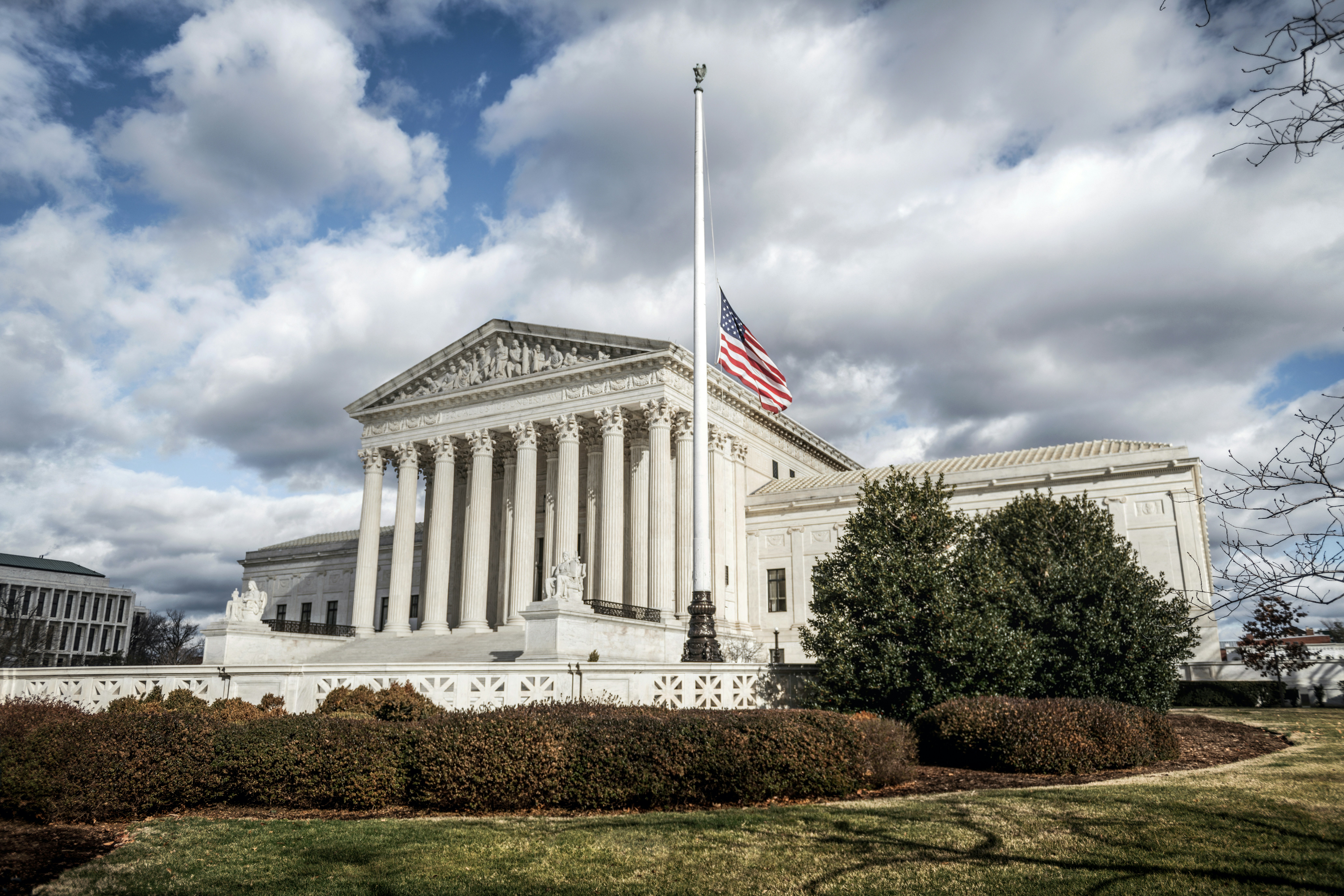Analyzing the Role of Precedents in the Judicial Process
The role of precedents in the legal system is a topic that deserves a fresh analysis. Precedents, or previous rulings by courts, serve as a guiding principle for judges when making decisions on similar cases. This concept, also known as stare decisis, is a fundamental pillar of common law jurisdictions. Yet, it dates back to as early as the 12th century, during the reign of Henry II of England, when the royal courts started documenting their decisions to ensure consistency in judgments.

The Importance of Precedents in Legal Cases
In modern legal contexts, precedents play a crucial role in maintaining the stability and predictability of the law. They act as a roadmap, guiding judges towards a decision based on previous, similar cases. This principle helps prevent arbitrary rulings, ensuring a degree of fairness and consistency in the legal system. Precedents also serve to limit judicial discretion, thus preventing potential misuse of power by judges.
Contemporary Evaluations of Legal Precedents
Contemporary legal discourse often centers around the question of whether courts should always adhere to precedents. Critics argue that strict adherence can lead to perpetuation of outdated or even unjust laws. However, others assert that the principle of stare decisis is not absolute—courts have the right to overrule precedents if they prove to be erroneous or no longer suitable in the changing societal context.
The Impact of Precedents on Society
The significance of precedents extends beyond the courtroom—it shapes societal norms and expectations about justice and fairness. Recent trends indicate a growing willingness among courts to reconsider established precedents, particularly in landmark cases that have significant societal implications. For instance, Supreme Court rulings in the United States have occasionally overturned previous decisions, signaling a shift in societal values and perspectives.
Legal Precedents as a Living Entity
Despite its seemingly rigid nature, the doctrine of precedents is a living entity. It evolves along with societal changes, reflecting the dynamic nature of law. This evolution, however, is marked by a delicate balance between stability and change, tradition and progress. Courts must be cautious in overturning precedents, as doing so can potentially undermine legal stability, yet they must also be open to change to ensure the law remains relevant and just.
In conclusion, the role of precedents in the legal system is a complex and nuanced topic. They serve to maintain stability and consistency, yet their role is not rigid—they evolve with society and judicial thought. Understanding this dynamic relationship is crucial for any citizen, as it underscores the significance of legal history and its impact on our lives.




